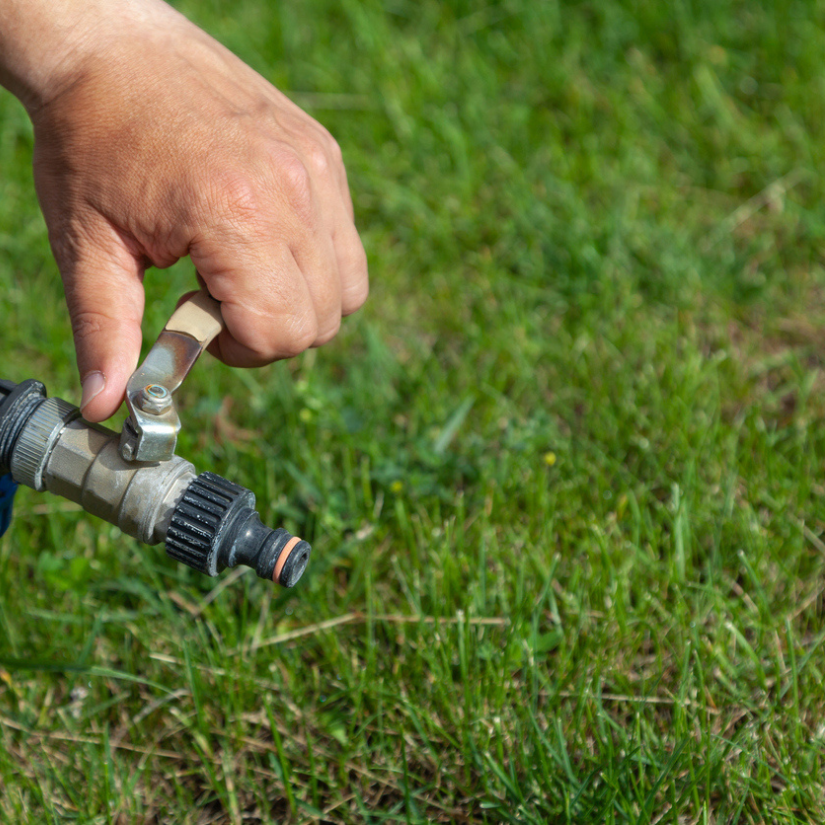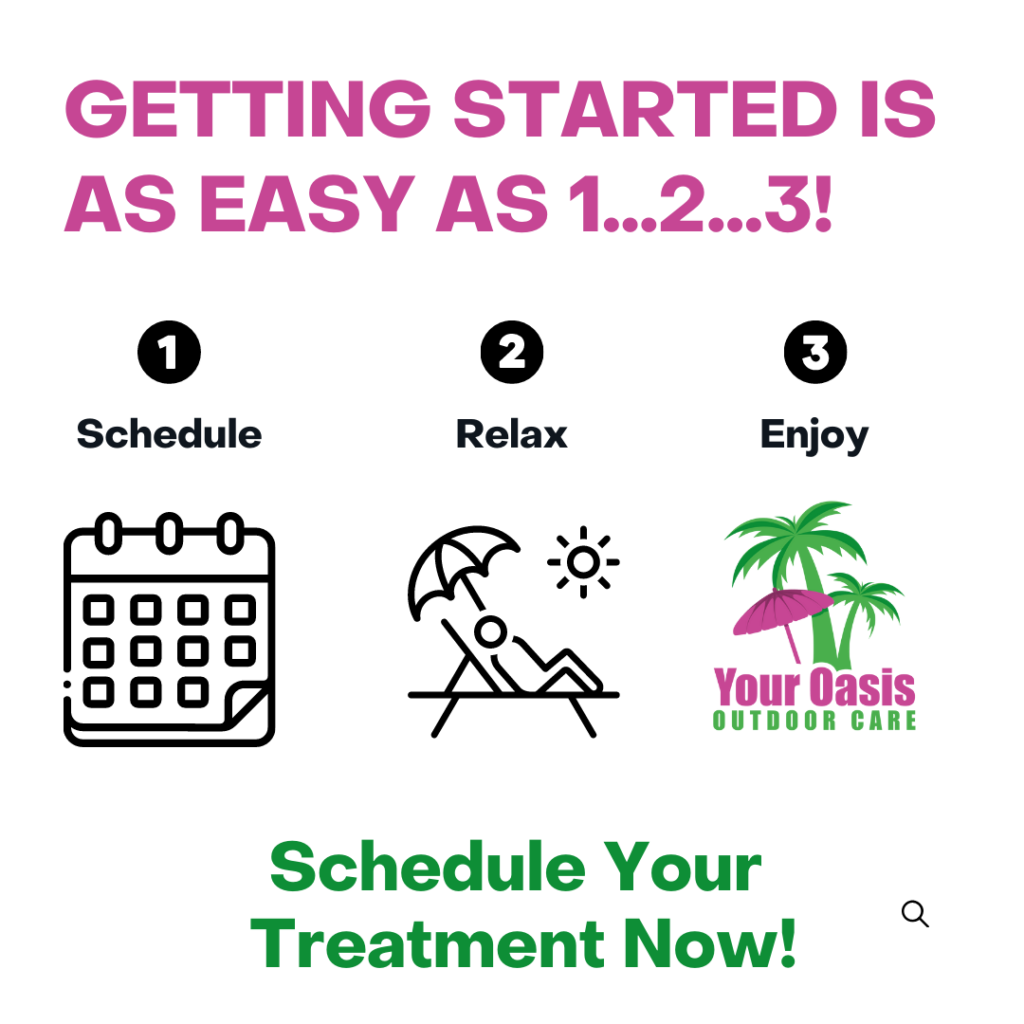
If you have an irrigation system, backflow testing isn’t just important—it’s required. This quick but vital check helps make sure your drinking water stays clean and safe. Florida’s hot weather and year-round watering make it even more critical to have a working backflow preventer. Still, a lot of homeowners have questions about how it works, how often to do it and who’s allowed to perform the test. Let’s clear up the confusion with some straight answers about Backflow Testing FAQs: Answers Every Florida Homeowner Needs.
Backflow Testing FAQs Every Homeowner Should Know
1. What is backflow and why is backflow testing required?
Backflow happens when water flows in the wrong direction, pulling dirty water back into your clean water supply. It can bring fertilizers, pesticides or even bacteria into the water you drink. Backflow testing makes sure the backflow preventer is doing its job. Florida law requires this test once a year to keep your home and neighborhood safe.
2. How often should backflow testing be done?
In Florida, residential backflow devices must be tested every 12 months. Some counties and cities send out reminders, but others don’t—so it’s up to you to stay on top of it. Skipping it could lead to fines or even a shutoff notice from your water provider.
3. How long does backflow testing take?
Most backflow tests take less than 30 minutes. A trained technician hooks up a gauge to your backflow preventer and checks for proper pressure and valve function. It’s a simple process that gives peace of mind and meets local requirements.
4. Who is qualified to perform backflow testing?
Only licensed professionals certified in backflow prevention can legally perform the test in Florida. Landscapers and handymen are not allowed to do it, even if they offer. Always ask for credentials before scheduling a test to avoid trouble with your water provider.
5. What happens if my backflow preventer fails the test?
If your backflow preventer fails, it usually means one of the valves is leaking, broken or not sealing correctly. In that case, it needs to be repaired or replaced immediately. Once fixed, it must be re-tested and submitted to your local utility to stay in compliance.
6. Do I need to be home during the test?
In most cases, no. If your backflow preventer is outside and accessible, the technician can perform the test without anyone home. Just make sure there are no locked gates or pets that could get in the way.
7. Can I test my own backflow preventer?
Not in Florida. Homeowners aren’t legally allowed to test their own devices unless they are certified backflow testers. The equipment required is specialized, and the process must follow specific rules to be accepted by your water authority.
Backflow testing might seem small, but it protects your home’s water supply from serious risks. Staying on top of your annual test keeps your family safe and your system in good standing. At Your Oasis Outdoor Care, we’re fully licensed and ready to take care of your backflow testing quickly and professionally. Call us today to schedule your backflow test and check it off your list with confidence.




